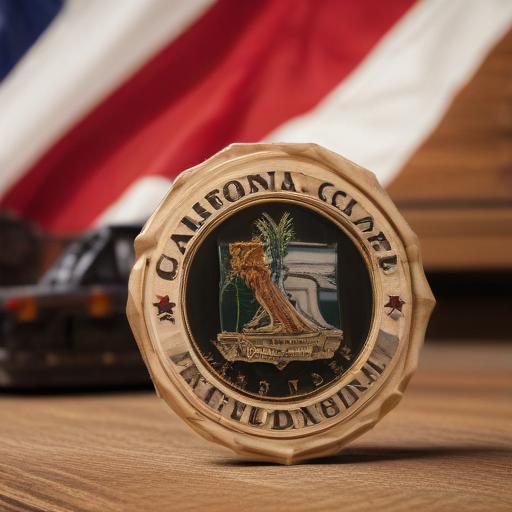A federal appeals court has temporarily halted a ruling requiring President Donald Trump to relinquish control of California’s National Guard back to the state. The decision came late Thursday from the 9th US Circuit Court of Appeals, which paused a previous ruling by Senior US District Judge Charles Breyer saying Trump had unlawfully federalized California’s National Guard troops and needed to return them to state control by midday Friday.
Judge Breyer had determined that Trump overstepped his authority and violated the Tenth Amendment of the U.S. Constitution when he called the National Guard into federal service following protests in Los Angeles related to his tough immigration policies. In his 36-page ruling, Breyer emphasized that Trump did not meet legal criteria necessary for the federalization of state troops and failed to issue the order through California Governor Gavin Newsom, which is mandated by federal law.
The ruling was hailed as a significant victory for Governor Newsom, who filed a lawsuit against Trump and Defense Secretary Pete Hegseth after the federalization of the troops. Breyer pointed out that the protests in Los Angeles could not be categorized as a “rebellion,” a designation Trump had cited as justification for federalizing the National Guard. Breyer stated that while violence at protests exists, it is not sufficient to label these gatherings as rebellious, and that the core right to protest is protected under the First Amendment.
The judge expressed concerns that the increased militarization of Los Angeles could exacerbate tensions, ultimately stating that the presence of federal agents might escalate dangerous situations rather than resolve them. Breyer’s ruling also restricts Trump from utilizing Marines for law enforcement purposes in California, pending further examination of the matter.
The appeals court is set to hear arguments on the dispute next Tuesday, and Trump responded positively to the court’s intervention, claiming it was necessary to prevent chaos in Los Angeles.
This case highlights the ongoing tensions between federal and state powers, particularly in relation to the rights of states to govern their own National Guard forces. As the discussion continues, it is essential to consider the impact of law enforcement strategies on community relations and public safety. The situation serves as a reminder of the importance of balancing security measures while respecting civil liberties.
